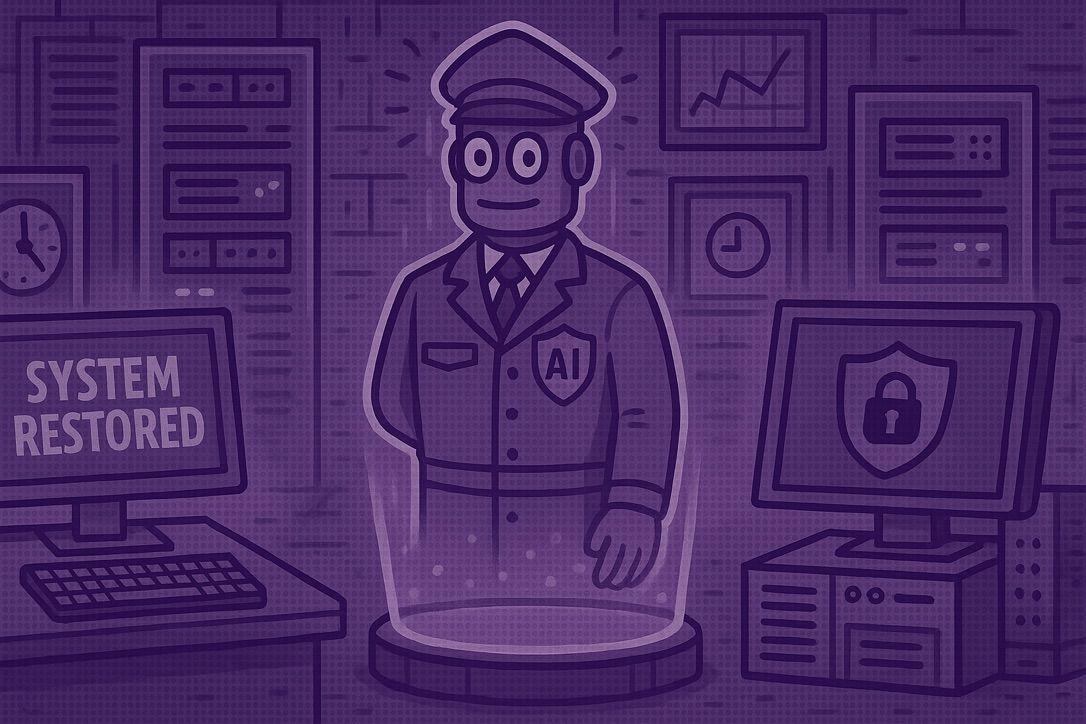- ai
- negotiation
Enhancing Negotiation Skills: The Transformative Role of Artificial Intelligence
Aug 30, 2023
-
Kamil Borowski
-
3 minutes

Negotiation is a key ability that often defines the success or failure of an undertaking in the world of interpersonal relationships and economic transactions. Effective negotiation is an art that takes elegance, strategy, and a profound understanding of human psychology, whether it's brokering a multimillion-dollar corporate deal, navigating a difficult diplomatic discussion, or simply finding an agreement within a household. In this age of tremendous technological growth, a new player has emerged, offering to transform the way talks are conducted: Artificial Intelligence (AI). Individuals and organizations can improve their negotiation skills to unprecedented levels by leveraging AI's analytical prowess, data processing capabilities, and adaptive learning.
Data-Driven Decision Making:
AI systems can evaluate massive volumes of past negotiation data, discovering patterns, successful techniques, and pitfalls that people might miss. Negotiators can make more educated decisions based on evidence and real-world results if they draw on this abundance of knowledge.
AI-powered simulation systems:
AI can construct virtual negotiation scenarios matched to an individual's skill level and goals. Negotiators can perfect their skills and experiment with new ideas through repeated practice in a risk-free environment, obtaining rapid AI-generated feedback to expedite their learning curve.
AI as a negotiation partner:
This collaborative approach seeks to harness AI's analytical process and real-time processing capabilities, aiming to augment human negotiators with data-driven insights and strategic suggestions. This partnership offers an undeniable advantage.
Cognitive Assistance:
During real-time negotiations, AI can provide immediate assistance by assessing ongoing conversations, suggesting potential methods, and alerting negotiators to potential traps. This collaborative interaction between human negotiators and AI can eliminate cognitive biases and boost the likelihood of favorable decisions.
Cross-Cultural Competence:
Negotiating across cultural boundaries requires a deep understanding of norms, values, and communication styles. AI can aid negotiators in researching and comprehending these nuances, ensuring a respectful and effective dialogue that transcends geographical and cultural barriers.
Ethical and Practical Considerations:
While AI holds immense promise, it also raises ethical questions regarding transparency, accountability, and the potential for undue influence. As AI becomes a silent partner in negotiations, striking the right balance between human intuition and machine guidance becomes paramount.
In conclusion, the integration of AI into the realm of negotiation holds the potential to redefine how individuals and organizations approach this critical skill. By capitalizing on AI's analytical capabilities, personalized training, cognitive assistance, cross-cultural understanding, and constant evolution, negotiators can navigate complexities with greater confidence and finesse. However, this transformation also demands a thoughtful examination of the ethical implications and the preservation of the unique human elements that make negotiation an art form. As AI and human collaboration continue to evolve, the negotiation landscape is poised for a remarkable and dynamic transformation.

Did you know you can reduce business downtime with AI? See how tools from smart monitoring to predictive maintenance keep your business online.

From innovation to intrusion? AI’s use of data scraping is raising more than a few red flags for privacy and consent - find out where the line is being crossed.

Explore how AI transforms cybersecurity with intelligent threat detection, advanced tools, and smarter defense systems. Is your organization ready to keep up?